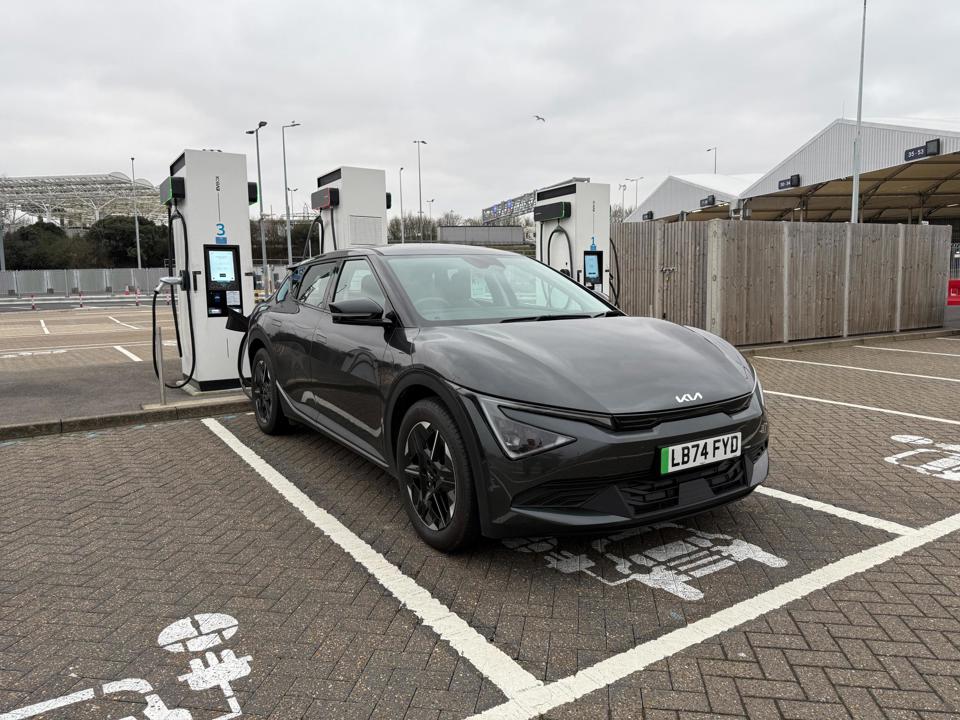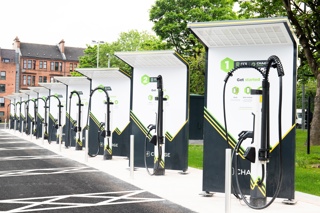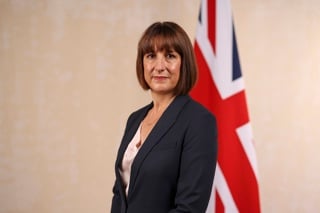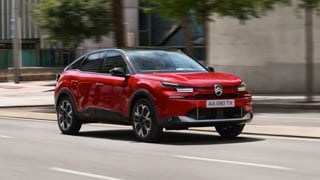The Department for Transport (DfT) has scrapped the £950 million investment Rapid Charging Fund (RCF) that was meant to install over 6,000 rapid and ultra-rapid charge points on England’s motorways by 2035.
The Labour government inherited the Convservatives' £950m RCF plan, but has said it will be in part replaced with a retargeted £400m investment announced in Chancellor Rachel Reeves' Spending Review due to "lack of interest" from motorway service operators.
This investment is expected to be directed to on-street charging provision, rather than motorway rapid charging hubs.
However, further detail on how the £400m for charging infrastructure will be deployed is yet to be set out.
A statement from the DfT said the previous Government "did not set out detailed plans on the rollout of charging infrastructure on motorways and major A roads" as part of this RCF plan.
It also said the previous Government's plan was never formally included in its budget so "the promise was unfunded".
A DfT spokesperson explained that the EV charging market has changed "significantly" since 2020, with the number of rapid and ultra-rapid charging points within the strategic road network almost quadrupling in the last three years.
Over 6,000 rapid or ultra-rapid charging locations across UK already
The industry is making progress on rolling out charging infrastructure in the UK and this may have influenced the Government's decision to redirect public funding from motorway rapid charger funding.
According to data from Zapmap, as of May 2025, there are 16,259 rapid or ultra-rapid charging devices, across 6,203 charging locations in the UK.
Ultra-rapid charger points have seen an increase with 1,291 added since the beginning of this year.
Last month, 385 net new rapid or ultra-rapid charging devices were added to the Zapmap platform.
The number of public charge points in the UK has grown from 28,460 at the end of 2021 to 53,865 at the end of 2023 and more than 73,000 by the end of 2024.
Since May 2024 the public network has grown by 30%.
MPs have previously criticised the Government for the “patchy” public availability of electric vehicle (EV) charge points, with concerns raised over the stark regional divide between London and rest of country.
The Public Accounts Committee (PAC) found the Government had been slow to address gaps in charge point provision and calls for delays in the rollout to be addressed.
It said that approximately a third of the 114 motorway service areas had yet to meet the original ambition of the DfT for each to have six ultra-rapid charge points by the end of 2023.
The report also highlighted delays in the Local Electric Vehicle Infrastructure (LEVI) programme designed to support local authorities in England to install charge points where they are most needed.
Only 10 out of 78 installation projects had been approved for delivery as of October 2024, against a March 2025 deadline.























martinwinlow - 26/06/2025 11:27
OOft! Replace all ministry vehicles with EVs (why aren't they already?!). *Then* HMG might understand...